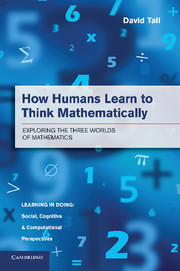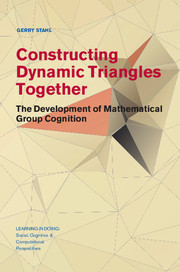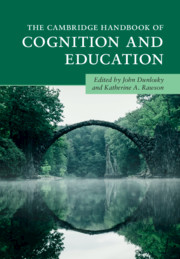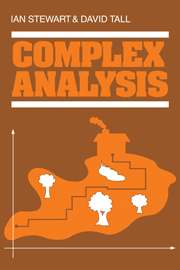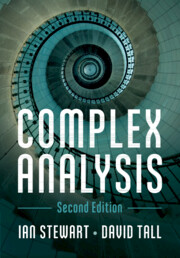How Humans Learn to Think Mathematically
Exploring the Three Worlds of Mathematics
$49.99 (P)
Part of Learning in Doing: Social, Cognitive and Computational Perspectives
- Author: David Tall, University of Warwick
- Date Published: September 2013
- availability: Available
- format: Paperback
- isbn: 9781107668546
$
49.99
(P)
Paperback
Other available formats:
Hardback, eBook
Looking for an examination copy?
This title is not currently available for examination. However, if you are interested in the title for your course we can consider offering an examination copy. To register your interest please contact [email protected] providing details of the course you are teaching.
-
How Humans Learn to Think Mathematically describes the development of mathematical thinking from the young child to the sophisticated adult. Professor David Tall reveals the reasons why mathematical concepts that make sense in one context may become problematic in another. For example, a child's experience of whole number arithmetic successively affects subsequent understanding of fractions, negative numbers, algebra, and the introduction of definitions and proof. Tall's explanations for these developments are accessible to a general audience while encouraging specialists to relate their areas of expertise to the full range of mathematical thinking. The book offers a comprehensive framework for understanding mathematical growth, from practical beginnings through theoretical developments, to the continuing evolution of mathematical thinking at the highest level.
Read more- Traces mathematical development from child to adult
- Encourages a common framework useful for researchers across different fields
- Looks at teaching, curriculum, and cognitive development in elementary school through postgraduate research
Awards
- Honourable Mention, 2013 PROSE Award for Psychology
Customer reviews
Not yet reviewed
Be the first to review
Review was not posted due to profanity
×Product details
- Date Published: September 2013
- format: Paperback
- isbn: 9781107668546
- length: 484 pages
- dimensions: 229 x 152 x 28 mm
- weight: 0.64kg
- contains: 175 b/w illus. 4 tables
- availability: Available
Table of Contents
Part I. Prelude:
1. About this book
Part II. School Mathematics and its Consequences:
2. The foundations of mathematical thinking
3. Compression, connection and blending of mathematical ideas
4. Set-befores, met-befores and long-term learning
5. Mathematics and the emotions
6. The three worlds of mathematics
7. Journeys through embodiment and symbolism
8. Problem-solving and proof
Part III. Interlude:
9. The historical evolution of mathematics
Part IV. University Mathematics and Beyond:
10. The transition to formal knowledge
11. Blending knowledge structures in calculus
12. Expert thinking and structure theorems
13. Contemplating the infinitely large and the infinitely small
14. Expanding frontiers through mathematical research
15. Reflections
Appendix: where the ideas came from.
Sorry, this resource is locked
Please register or sign in to request access. If you are having problems accessing these resources please email [email protected]
Register Sign in» Proceed
You are now leaving the Cambridge University Press website. Your eBook purchase and download will be completed by our partner www.ebooks.com. Please see the permission section of the www.ebooks.com catalogue page for details of the print & copy limits on our eBooks.
Continue ×Are you sure you want to delete your account?
This cannot be undone.
Thank you for your feedback which will help us improve our service.
If you requested a response, we will make sure to get back to you shortly.
×
